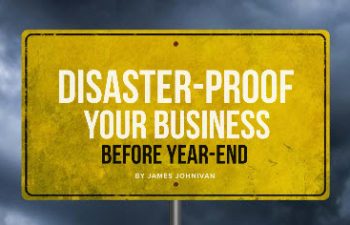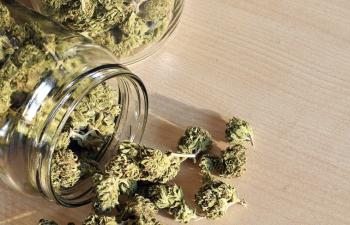 The sale of marijuana may now by legal in 31 states and the District of Columbia, but the IRS says the activity remains illegal for tax purposes. Section 280E of the Internal Revenue Code bars companies from taking certain business deductions if they “traffic” in Schedule 1 drugs. Without these deductions, marijuana dispensaries, growers and processors could be looking at an effective tax rate of as much as 70% to 90%.
The sale of marijuana may now by legal in 31 states and the District of Columbia, but the IRS says the activity remains illegal for tax purposes. Section 280E of the Internal Revenue Code bars companies from taking certain business deductions if they “traffic” in Schedule 1 drugs. Without these deductions, marijuana dispensaries, growers and processors could be looking at an effective tax rate of as much as 70% to 90%.
In an interview with Law.com, James Hunt, an attorney in Seattle, asserts that the marijuana tax law “is clearly punishment. It’s meant as a punishment” to the industry. Kevin Murphy, CEO and founder of Acreage Holdings, one of the largest multistate owners and operators in the cannabis industry, wrote in Forbes, that these higher taxes have a direct impact in medical-marijuana prices being much higher than they should be for patients who require treatments to help with conditions such as cancer and post-traumatic stress disorder. “The combination of higher drug prices and no insurance coverage,” he maintains, “leads patients to the black market and to life-threatening medications, like opioids.”
If money matters —- and to the taxman it does, don’t expect a change to the code anytime soon. The fact that no deductions can be taken by marijuana businesses ensures that the federal government receives a massive amount of corporate income-tax revenue each year. According to an editorial in The Motley Fool, if the federal government removed marijuana as a controlled substance, marijuana businesses would then be allowed to take normal business deductions resulting in the federal government losing an estimated $5 billion in revenue over the next decade.




















